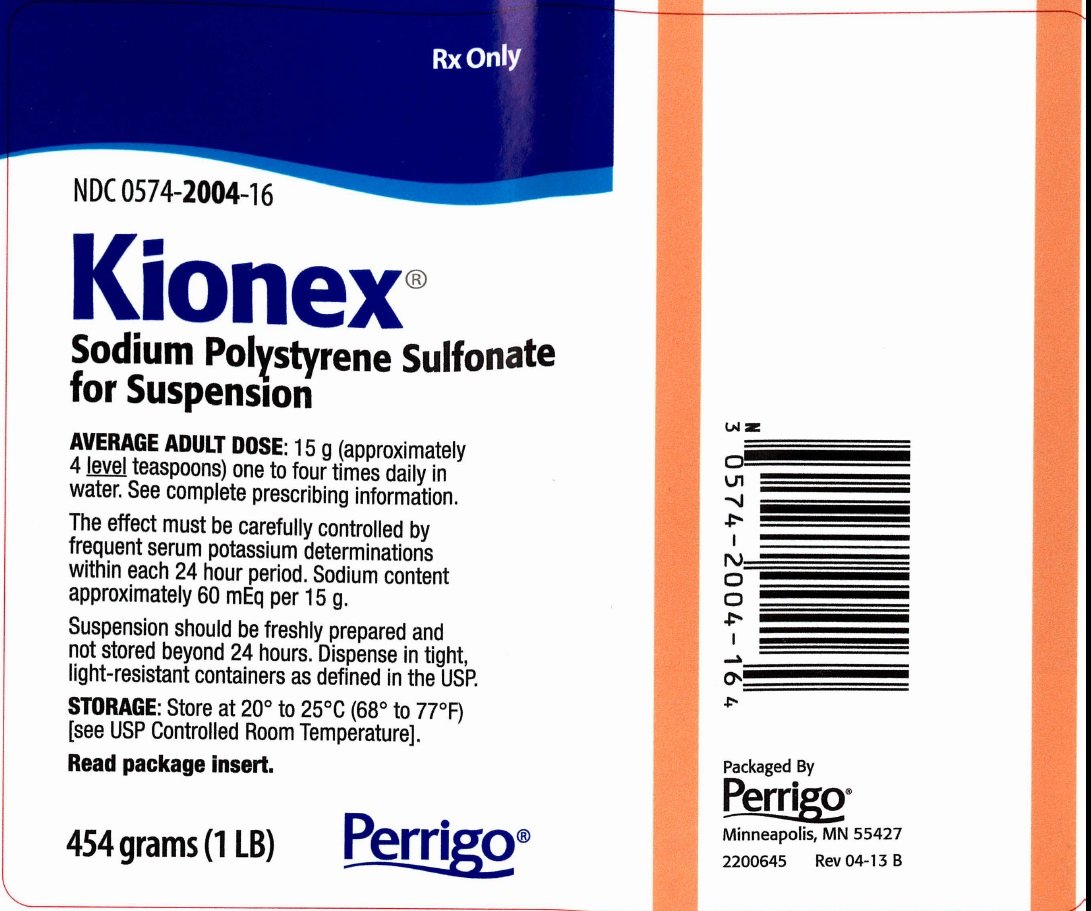Congress has successfully passed a stopgap appropriations bill to provide temporary funding for the government until early 2024. This last-minute move ensures that the government remains open and the economy continues to function during the holiday season. The Senate agreed to a continuing resolution on Wednesday night, which divides departments and agencies into subgroups with different funding deadlines of January 19 or February 2. The House had previously passed the continuing resolution on Tuesday, with Speaker Mike Johnson relying on votes from Democratic members to overcome Republican objections. President Joe Biden is expected to sign the measure before the existing deadline of Friday at midnight.
Under the current temporary spending bill, certain departments such as Agriculture, Energy, Veterans Affairs, Transportation, and Housing and Urban Development will be funded through January 19. Departments including Defense, Homeland Security, Commerce, and State will receive funding until February 2. However, this marks the second time since September that lawmakers have resorted to a stopgap bill, with a commitment to avoid such measures in the future. Consequently, Congress will need to reach agreements on contentious areas of spending, including aid for the wars in Ukraine and Israel, when they debate the 12 government appropriations bills in the new year.
The passing of the stopgap bill temporarily averts disruptions that could arise from a government shutdown. Shutdowns can lead to significant disruptions in airport operations, Medicare and Social Security benefits, housing assistance, federal student loan servicing, and certain disaster relief projects. During a shutdown, some federal employees are furloughed, while others are required to work without pay until a deal is reached. This can result in reduced workforce efficiency and slower government-related functions. For instance, past shutdowns have caused flight delays and cancellations due to federal employees calling out sick, knowing their workdays would be unpaid.
In conclusion, Congress has taken action to prevent a government shutdown by passing a stopgap appropriations bill. While this provides temporary funding and ensures the government remains open, lawmakers will need to address key spending areas in the coming year. The bill helps mitigate potential disruptions caused by a shutdown, which can impact various sectors and services.











